As the “chronicler of America’s madness”, Peter Saul addresses the American civil rights movement in his images. With the film “I Am Not Your Negro”, director Raoul Peck now tells the story of racism in the second half of the 20th century.
The footage burns into your mind like cigarette embers on blotting paper: Haitian director Raoul Peck arranges scenes from the 2014 riots in Ferguson, which occurred following the shooting of Michael Brown by police, alongside text fragments by the author James Baldwin, who died in 1987. The lines, now 40 years old, tackle the rampant racism in America and have lost nothing of their topical edge. “History is not the past, it is the present,” reads Baldwin’s fitting analysis, which becomes tangible in scenes such as these.
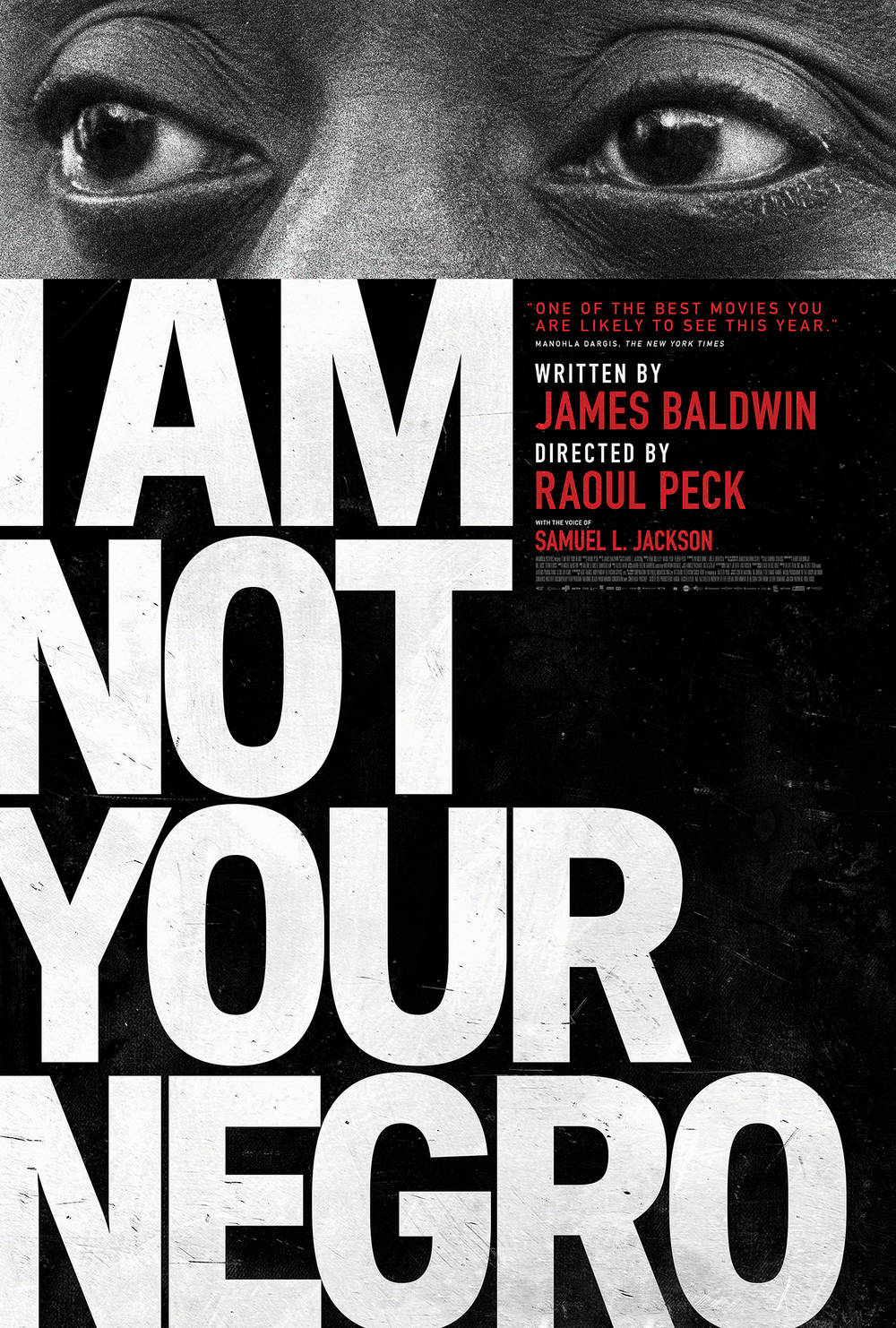
With his novels and essays, which deal with the sexuality and identity of black people in an America dominated by whites, James Baldwin swiftly emerged as one of the most important Afro-American writers of the 20th century. In preparation for a new novel entitled “Remember This House”, Baldwin compiled a 30-page manuscript with razor-sharp analyses on the coexistence of white and black society in his homeland.
Against hate
The basis of the text was the murder of three of his friends, who were to enter history as icons of the Civil Rights Movement: Medgar Evers, active in the National Association for the Advancement of Colored People (NAACP), murdered in 1963, Malcom X, leader of the Nation of Islam, murdered in 1965, and Martin Luther King, the voice of the Civil Rights Movement, murdered in 1968.
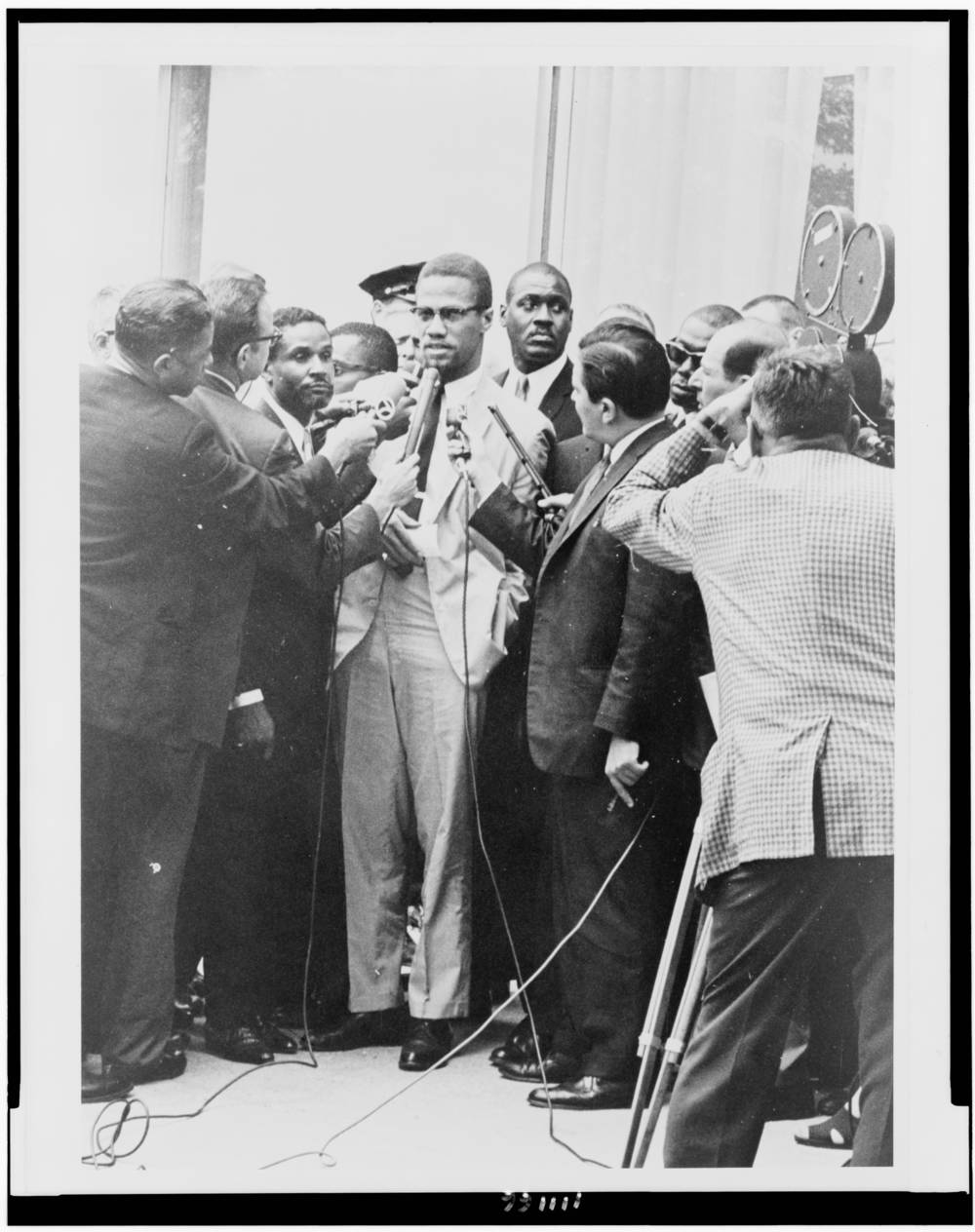
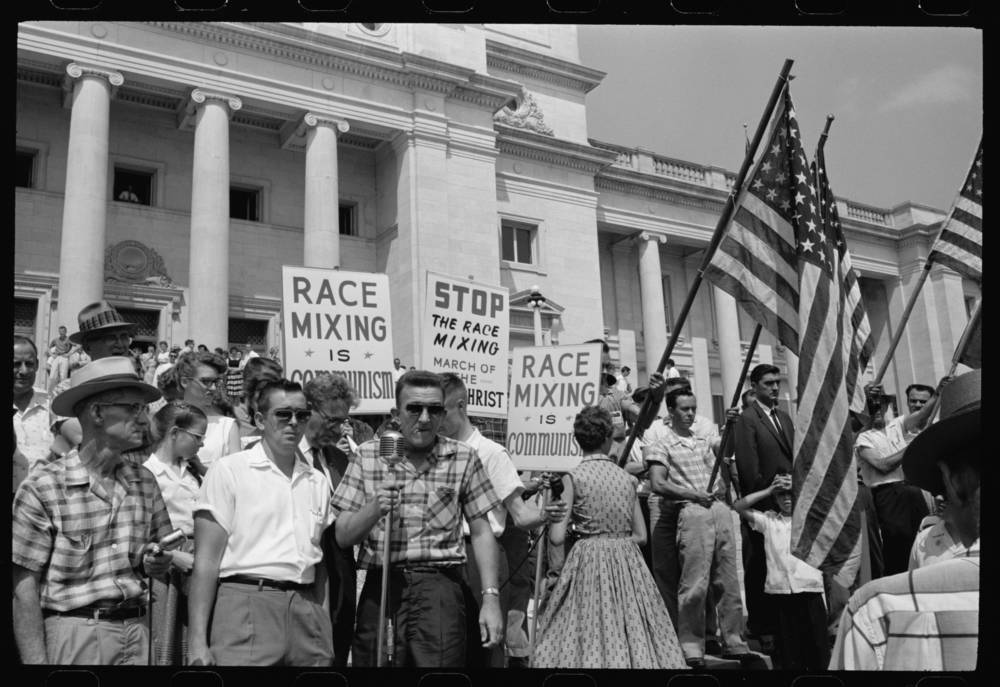
The aforementioned manuscript served as a template for Raoul Peck in the creation of his documentary “I Am Not Your Negro”. In a congenial way, the film manages to give the civil rights activist and author James Baldwin a voice, even 30 years after his death. With collage-like images depicting violent riots against blacks, historic photographs and comprehensive archive material, Peck illustrates the text fragments in the original, which are recited by Samuel L. Jackson (in the German version by rapper Samy Deluxe).
Slavery and a two-tier society
The analyses by the civil rights activist fit perfectly into the montage, and you get the feeling of actually watching critic Baldwin himself as he thinks things through. Fittingly, for example, he tackles the overt racism in classic Western movies and Doris Day comedies, for these act as cultural mirrors, reflecting the distorted identity constructs within American society. In Baldwin’s remarks, which are also proof of his prowess as a storyteller, he covers a spectrum ranging from slavery to the two-tier society. The material collage is enhanced by letters to his agent Jay Acton, as well as original footage of Baldwin in talk shows and discussions.
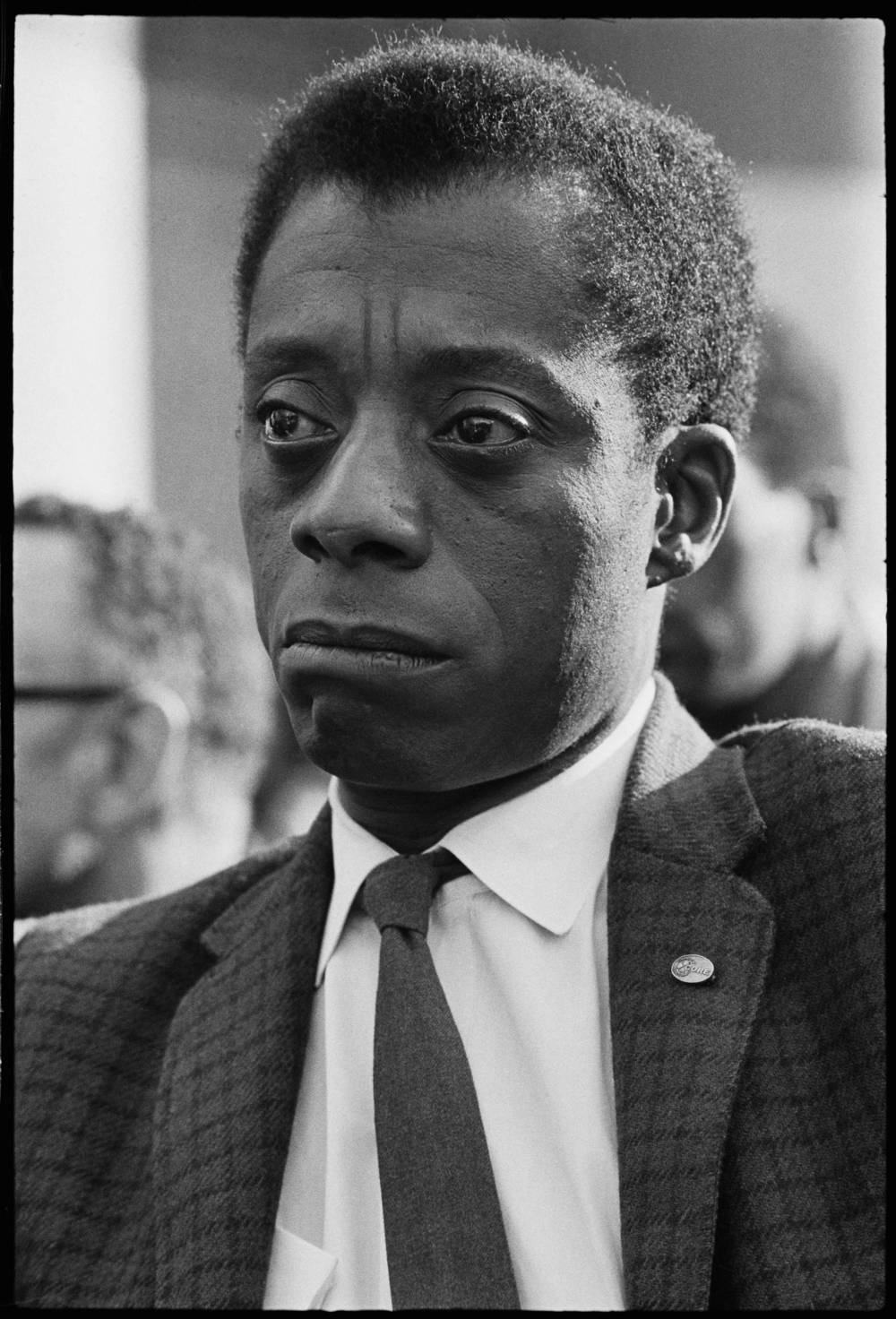
More than many other films bearing the label, with its skillful construction and reflective impact, “I Am Not Your Negro” truly earns the attribute of “essay film”. Here, Peck achieves great things from a number of perspectives: First, he uses the portrait of an individual to tell the story of injustices against a large section of the American population in the 20th century. Furthermore, Peck reflects on these injustices through the sharp intellect of a man who was at the heart of it all during his lifetime, and at the same time acts as its chronicler. Ultimately – and unfortunately this corresponds to Baldwin’s pessimistic and reserved tone – “I Am Not Your Negro” shows that even today, half a century later, there is ample reason for concern. The fact that someone like Donald Trump is now in power does not help to ease the tension in this regard. As Baldwin puts it right at the beginning of the film: “It’s not a question of what happens to the negro here, to the black man here, (...) the real question is what’s gonna happen to this country.”


5 questions for Mary Messhausen and proddy produzentin
With the performance "Thonk piece: Hungry for Stains", drag queens Mary Messhausen and proddy produzentin will open the exhibition COSIMA VON BONIN....
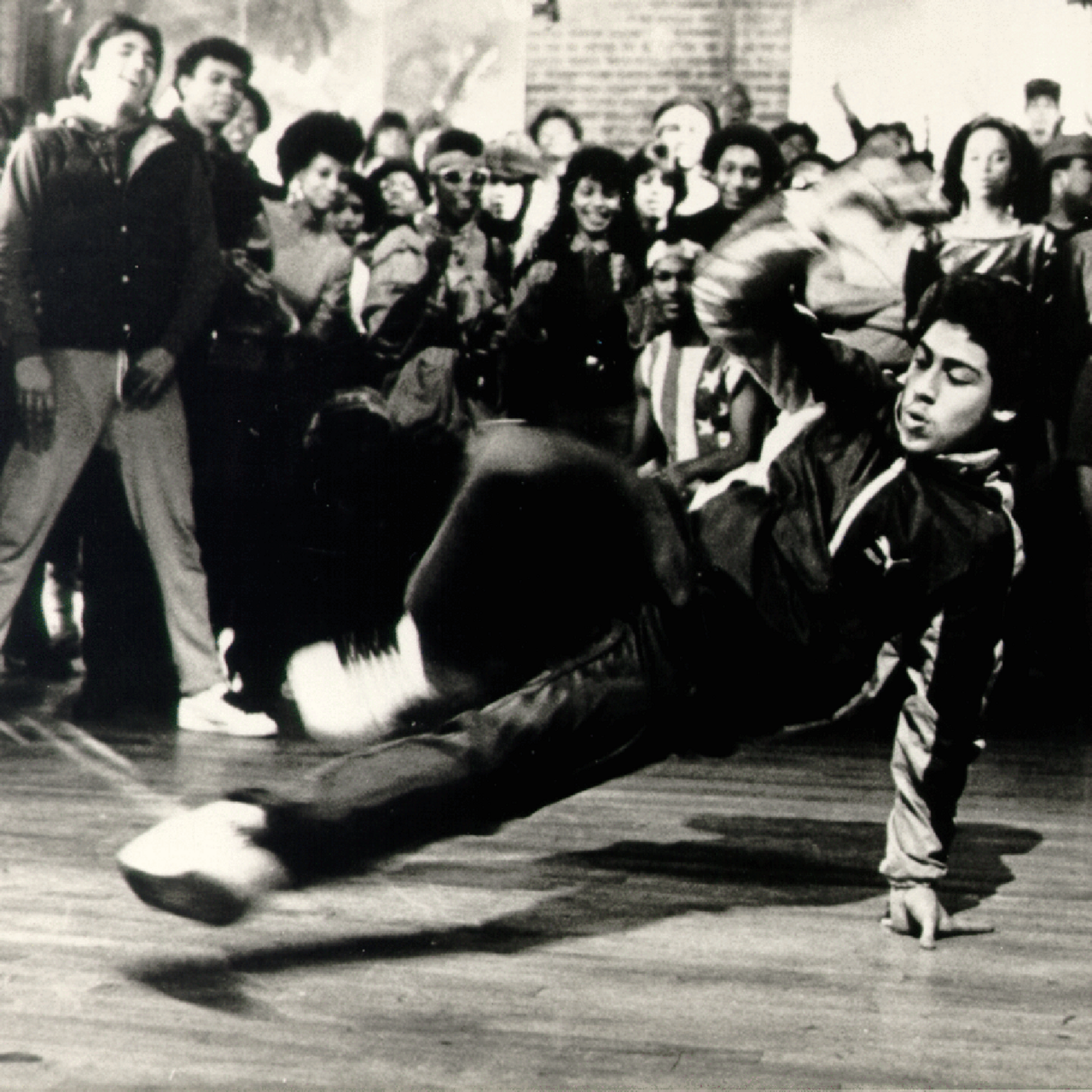
HIP HOP IS BLACK CULTURE – NOT THE OTHER WAY AROUND
Hip hop’s 50th birthday is an occasion for us to listen to some old records and mixed tapes and to look back at the most important hip hop films of...

Now at the SCHIRN:COSIMA VON BONIN
The SCHIRN is showing a unique presentation of new and well-known works by COSIMA VON BONIN until June 9.

You Get the Picture: On Movement and Substitution in the Work of Lena Henke
The artist LENA HENKE already exhibited in the SCHIRN Rotunda in 2017. What are the secrets of her practice and where can you find her art today?

SHALLOW LAKES – plumbing the depths
In the SCHIRN’s rotunda, MELIKE KARA is presenting a series of sculptures that are reminiscent of bodies of water or small lakes. So, what’s this...

When subculture becomes mainstream – a balancing act
Regardless of whether it is hip hop, techno, or the queer scene: It is not unusual for the aesthetics of countercultures and subcultures to morph into...

Now at the SCHIRN: THE CULTURE: HIP HOP AND CONTEMPORARY ART IN THE 21ST CENTURY
Coinciding with the 50th anniversary of the birth of hip hop, the SCHIRN dedicates a major interdisciplinary exhibition to hip hop’s profound...
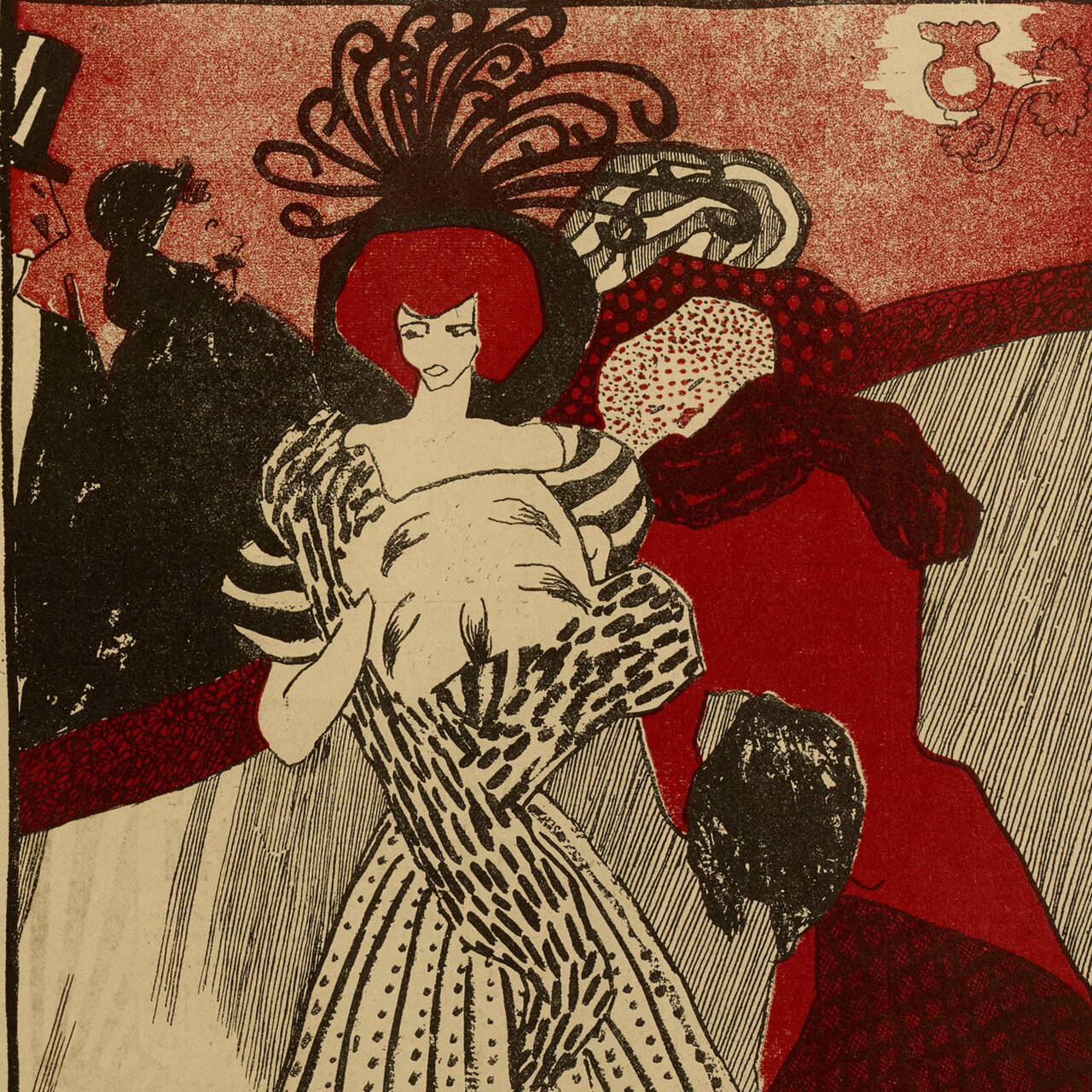
Julia Feininger – Artist, Caricaturist, and Manager
Art historians can tell us a lot about LYONEL FEININGER, but who was Julia Feininger and what legacy did she bequeath to the world of art?

Lyonel Feininger and the Harvard Art Museums. Part 2
The Harvard Art Museums host the largest Lyonel Feininger collection in the world. The directors Lynette Roth and Laura Muir chat about Feininger’s...
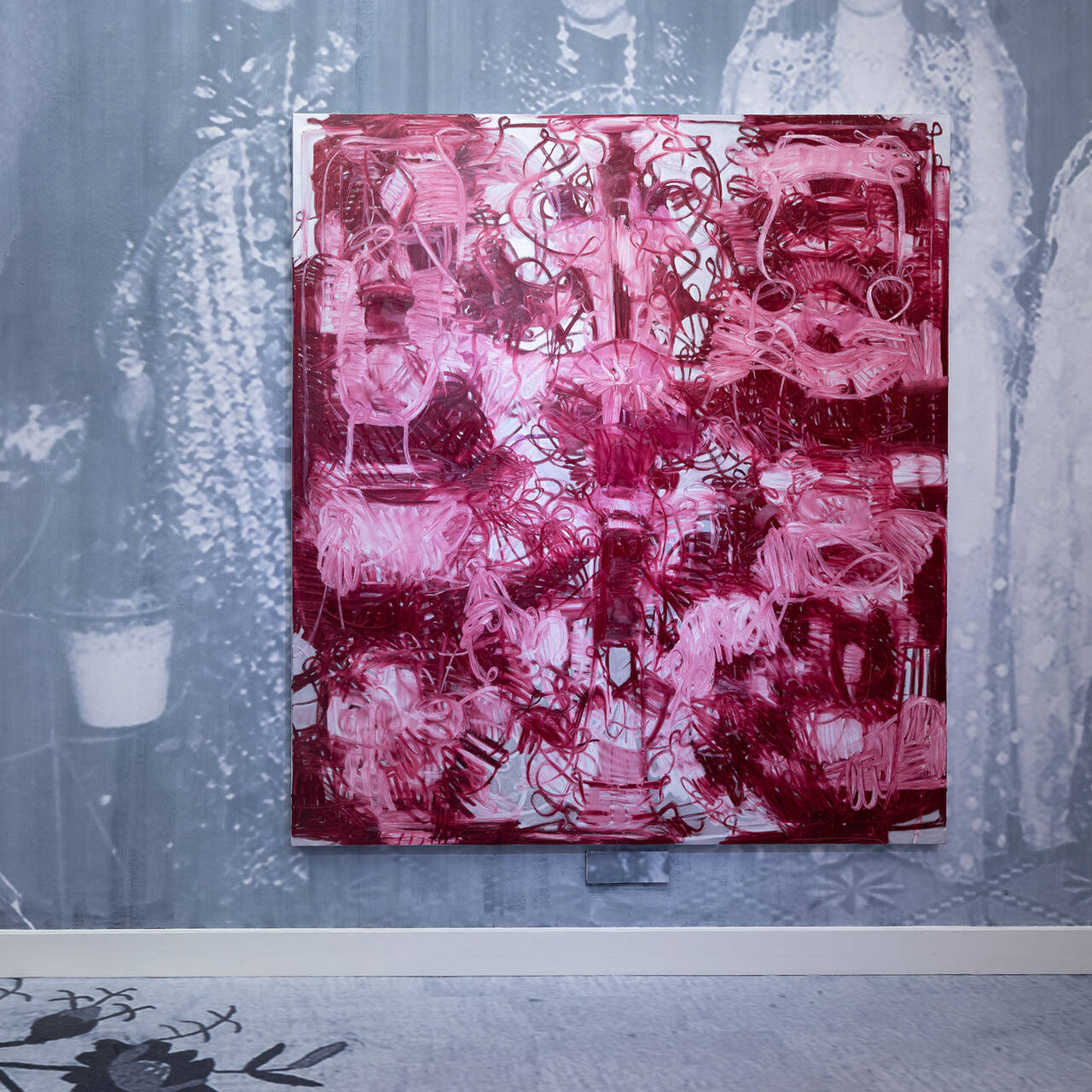
Five good reasons to view Melike Kara in the SCHIRN
From February 15, the SCHIRN presents a new site-specific installation by Melike Kara in its public rotunda. Here are five good reasons why it's worth...